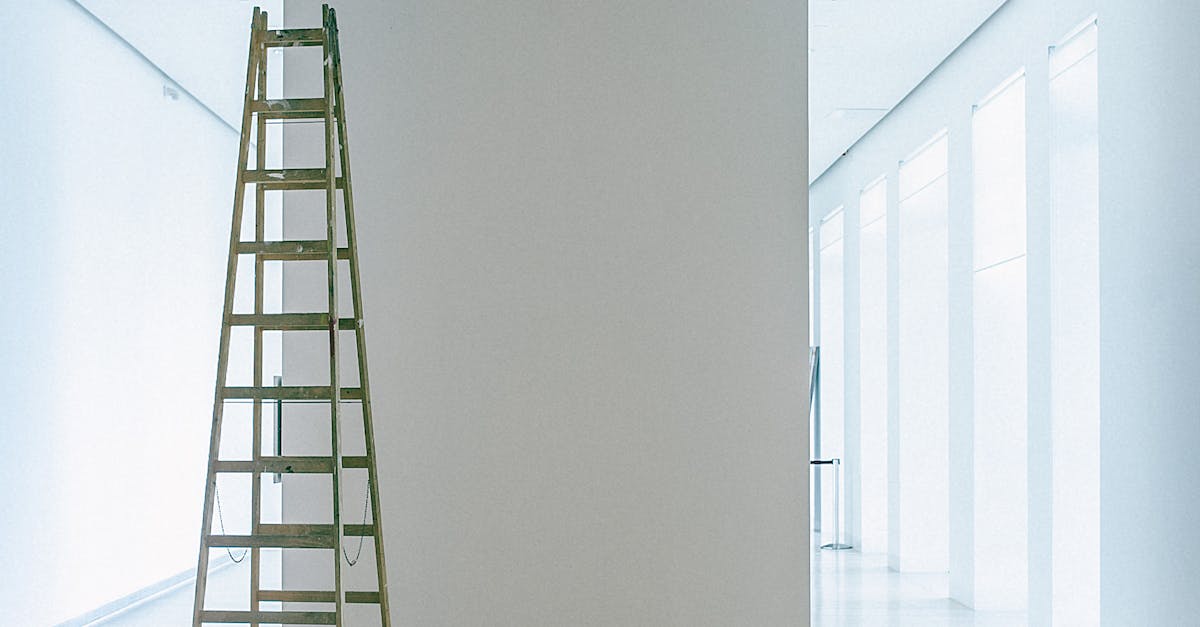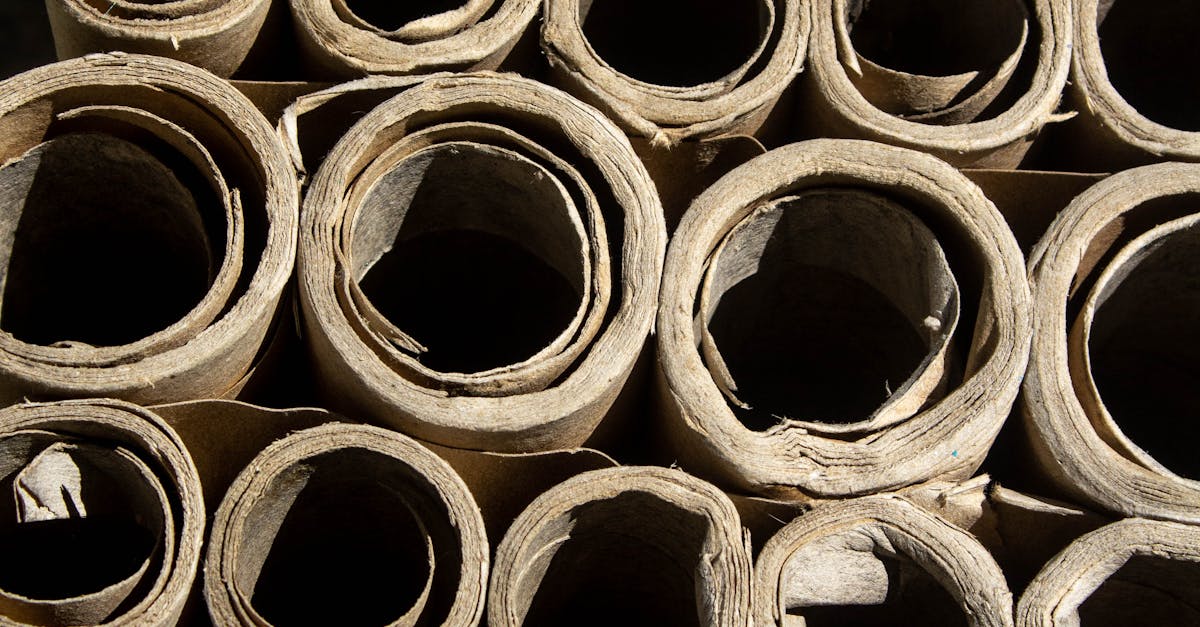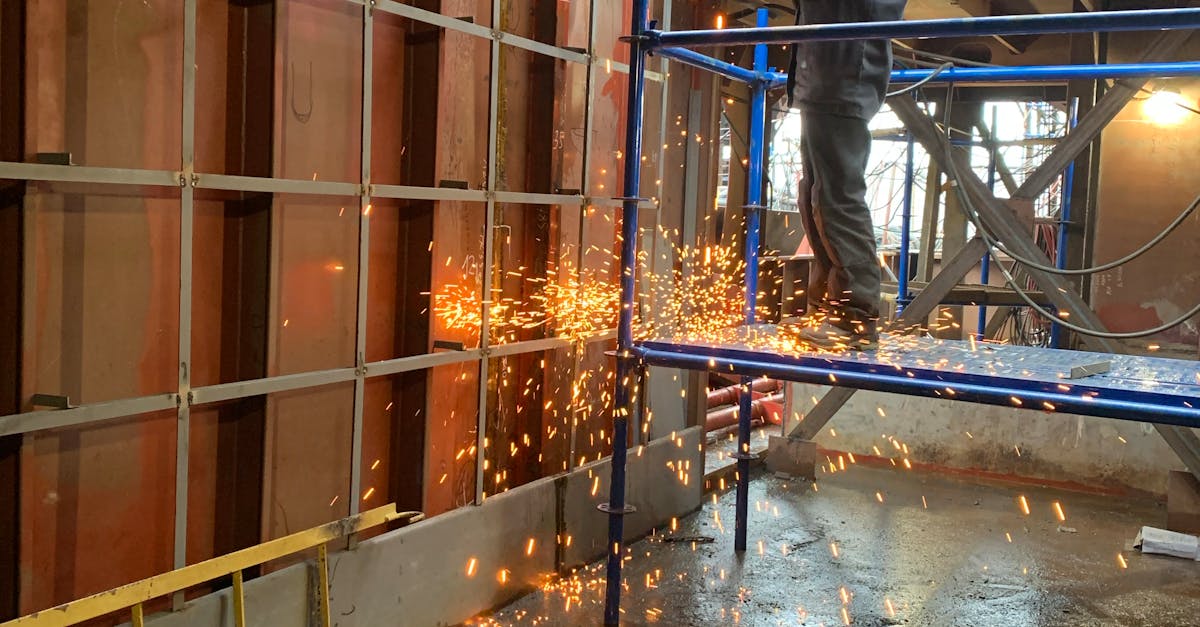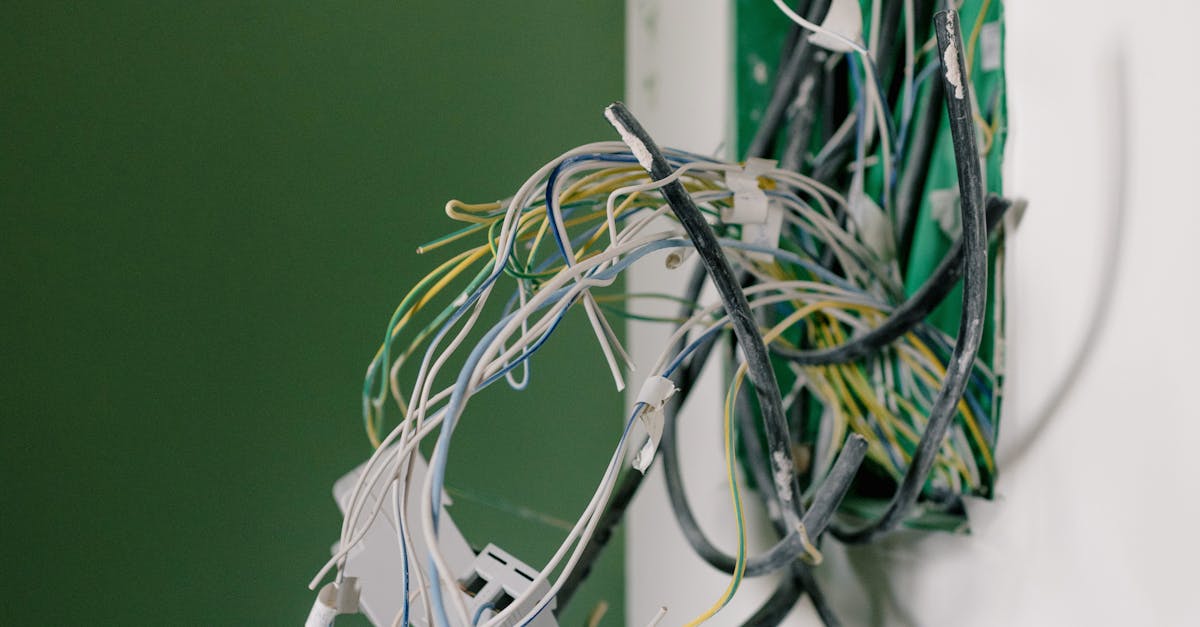
Table Of Contents
Safety Measures
Safety Measures
When dealing with a broken natural gas line, safety must be the top priority. Prior to attempting any repairs, it is crucial to immediately evacuate the area and contact the gas company to shut off the gas supply. If you suspect a gas leak or damage to the line, refrain from using any devices that could ignite a flame, such as lighters, matches, or electrical switches. Gas line installation and repair should only be conducted by qualified professionals who have the necessary training and equipment to handle such situations safely.
Regular gas line inspections
Regular gas line inspections are crucial for ensuring the safety and efficiency of gas systems. These inspections involve a thorough examination of the entire gas line installation to identify any potential leaks, damages, or other issues that may pose a risk. By conducting frequent inspections, homeowners and businesses can detect problems early on and prevent costly repairs or hazardous situations.
Gas line installation and repair should only be carried out by qualified professionals who have the knowledge and expertise to safely handle gas systems. During inspections, technicians will check for any signs of wear and tear, corrosion, or leaks in the gas line. Additionally, they will test the gas pressure to ensure it is within safe limits. Regular inspections not only help maintain the integrity of the gas system but also comply with legal requirements for the safety of the property and occupants.
Legal Requirements
Legal requirements surrounding gas line installation and repair in Australia are stringent to ensure the safety of individuals and property. All work related to gas lines must comply with relevant state legislation and the Gas Standards Act. It is crucial to engage licensed professionals for any gas line installation or repair to maintain adherence to these regulations and standards.
In addition to obtaining necessary permits and approvals, individuals involved in gas line installation and repair must follow specific industry guidelines and practices. All installations or repairs must be conducted by licensed gas fitters who are knowledgeable about the Australian standards and regulations governing gas appliances and pipelines. Failure to adhere to these legal requirements can result in serious safety hazards and legal consequences.
Compliance with regulations
Compliance with regulations is crucial when it comes to gas line installation and repair. In Australia, there are strict guidelines and codes of practice that must be followed to ensure the safety of individuals and the community. These regulations dictate everything from the materials used in the installation process to the qualifications of the individuals carrying out the work. Failure to comply with these regulations can result in serious consequences, both legally and in terms of public safety.
It is essential for individuals and companies involved in gas line installation and repair to stay updated on the current regulations and ensure that their work meets the required standards. This includes obtaining any necessary permits, certifications, and approvals before commencing any work on a natural gas line. By adhering to these regulations, we can help prevent accidents and ensure that gas line installations and repairs are carried out safely and effectively.
Preventative Maintenance
Preventative maintenance plays a crucial role in ensuring the safety and efficiency of natural gas lines within residential and commercial properties. Regular inspections of gas lines can help identify potential issues early on, preventing costly repairs and dangerous situations. Gas line installation and repair experts recommend conducting annual inspections by qualified professionals to check for leaks, corrosion, and other signs of wear and tear.
In addition to regular inspections, property owners can take proactive measures to minimize the risk of gas line damage. Simple practices such as keeping the area around gas lines clear of debris and landscaping with care to avoid digging into lines can make a significant difference in maintaining the integrity of the system. By staying vigilant and following best practices, individuals can contribute to a safer environment and prolong the lifespan of their gas line installation and repair.
Avoiding common causes of gas line damage
During excavation work around your property, it is crucial to be cautious and aware of the location of natural gas lines. Accidental damage can occur if digging equipment hits an underground gas line, leading to potential leaks and hazards. It is essential to contact the relevant authorities to identify and mark the gas line locations before digging to help prevent accidental damage.
Vegetation growth near natural gas lines can also pose a risk of damage. Tree roots, in particular, can exert pressure on the pipes and cause cracks or breaks over time. Regularly inspecting the area around gas lines and removing any overgrown vegetation can help maintain the integrity of the gas line installation and repair, reducing the risk of potential damage.
FAQS
What should I do if I suspect a natural gas line is broken?
If you suspect a natural gas line is broken, evacuate the area immediately and call the gas company or emergency services to report the leak. Do not attempt to fix the line yourself.
How long does it take to repair a broken natural gas line?
The time taken to repair a broken natural gas line can vary depending on the extent of the damage and the availability of resources. It is crucial to follow the safety protocols and allow trained professionals to handle the repair process.
Can I fix a broken natural gas line on my own?
It is highly recommended not to attempt to fix a broken natural gas line on your own. Natural gas is highly flammable and can pose serious risks if handled improperly. Always leave gas line repairs to trained professionals.
What are some common signs of a broken natural gas line?
Some common signs of a broken natural gas line include a hissing sound near the gas line, a rotten egg smell (due to the added odorant in natural gas), dead vegetation near the pipeline, or unusually high gas bills. If you notice any of these signs, take immediate action.
How can I prevent natural gas line damage in the future?
To prevent natural gas line damage in the future, schedule regular gas line inspections, comply with legal requirements for gas line maintenance, and practice preventative maintenance measures such as avoiding common causes of gas line damage like digging without checking for gas lines.


